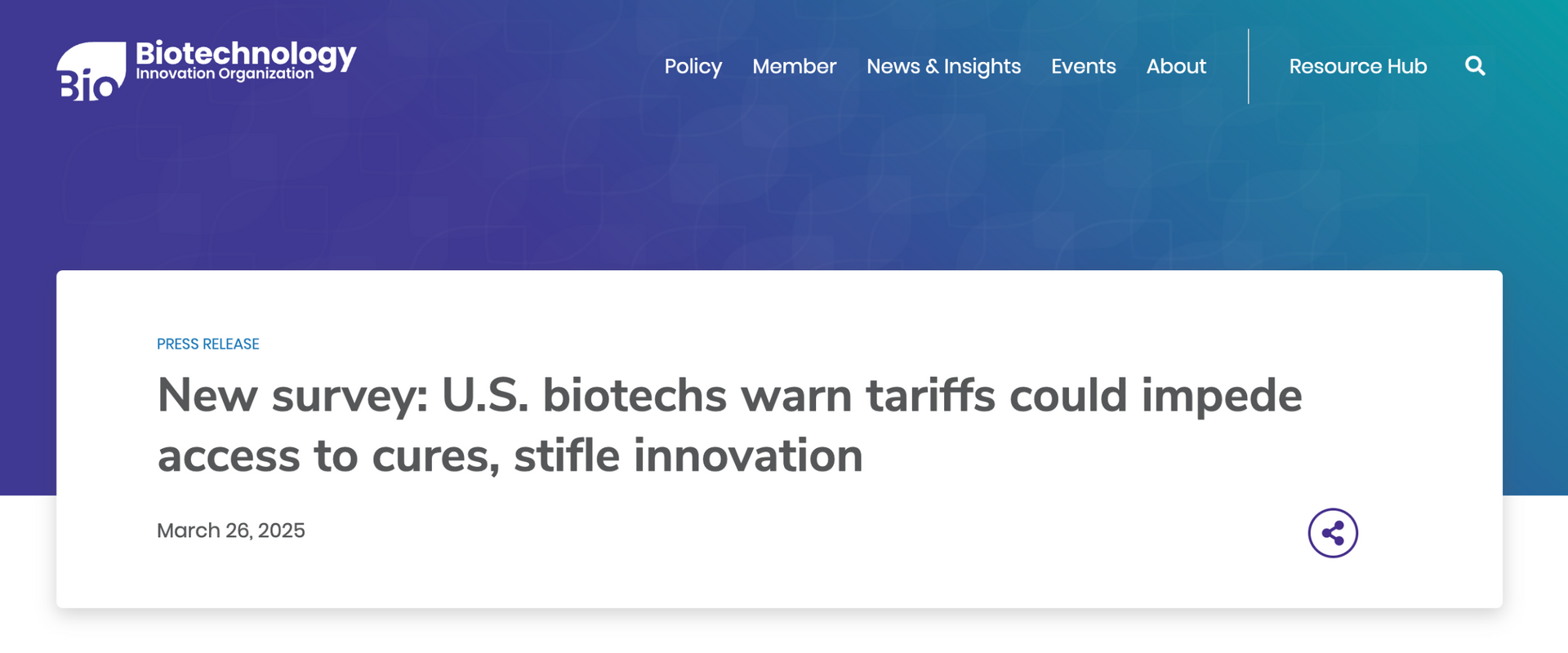New TrialAssure LINK® AI 2.0 Medical Writing Technology Debuts to the Pharmaceutical Industry at the DIA Annual Conference in San Diego
Revolutionizing Medical Writing with TrialAssure LINK® AI 2.0
SAN DIEGO (June 17, 2024) – TrialAssure, a leading provider of pharmaceutical technology advancing clinical trial disclosure, data sharing, and transparency, announced today the release of TrialAssure LINK® AI 2.0. This new version is updated and designed to assist pharmaceutical, biotechnology companies, clinical research organizations, and other service providers in creating drafts of common regulatory and medical writing documents leveraging AI technology.
In the latest release, TrialAssure LINK AI extends its automated medical writing capability to all forms of clinical and technical documents across the entire authoring lifecycle from creation through final approvals. Alongside the already-supported generation of plain language summaries of clinical trial results, protocols, and publications, LINK AI now supports the following document generation:
- Clinical Study Protocols
- Statistical Analysis Plans (SAP)
- Clinical Study Reports (CSR)
- Safety Narratives
- Informed Consent Forms (ICF)
Additionally, custom document templates can be configured based on Sponsor need.
“TrialAssure continues to make great strides in leveraging AI technology that serves key areas of the pharmaceutical industry, like clinical trial transparency and medical writing,” said Prasad M. Koppolu, COO, TrialAssure. “Our goal is to provide Medical Writers with the necessary forward-thinking tools that help jumpstart the document authoring process and save precious resource hours.”
How it works
Select: Select your document template from a library of ICH, TransCelerate, and other templates, or configure your own.
Upload: Upload source documents and/or structured data or pull from an integrated system using TrialAssure’s seamless API structure. This can range from unstructured documents like the clinical study protocol or SAP to SDTM, ADaM, and TLF data.
Generate: TrialAssure LINK AI automatically generates an initial draft of the desired document, using a combination of techniques that include generative AI and structured computations.
Review: The subject matter expert reviews and writes text where needed. Additional tools, such as the integrated chat bot, lay term glossary, and graphics generation engine, are at the user’s disposal to move the document through reviews and completion.
How it helps
“After extensive testing, we have determined that pharmaceutical industry sponsors take four weeks or more out of the timelines in drafting these plain language and technical documents,” said Zach Weingarden, Director of Product Solutions, TrialAssure. “The efficiencies gained in completing the first drafts of these documents alone will help eliminate redundancies, reduce workload, and lead to better utilization of medical writing resources.”
- LINK AI medical writing technology can help in the following ways:
- Drive consistency in structure, format, and language
- Leverage connections to data sources, allowing the accuracy of the information to be much higher by eliminating the possibility of human error and the need for additional quality control review cycles
- Improve project management by utilizing built-in workflows to collaborate with remote team members on content and track the status of each document and log approvals
- Shorten document creation timelines and improve time-to-market
Request a demo of LINK at: https://www.trialassure.com/software/link/
ABOUT TRIALASSURE
TrialAssure is an award-winning, global data transparency company with fast, affordable, and intelligent software and service solutions for the pharmaceutical industry and beyond. A leader in the use of artificial intelligence (AI) and machine learning (ML), TrialAssure built The Ultimate Transparency Suite® to meet compliance goals through data, document, and image anonymization, development of technical and non-technical content using generative AI, compliance tracking, and more. Established in 2009, TrialAssure’s global team has a proven track record in building strong technology that adapts to ever-changing data transparency requirements and was named Data Solution of the Year in the Data Breakthrough Awards.
For more information, visit www.trialassure.com.
RECENT ARTICLES




